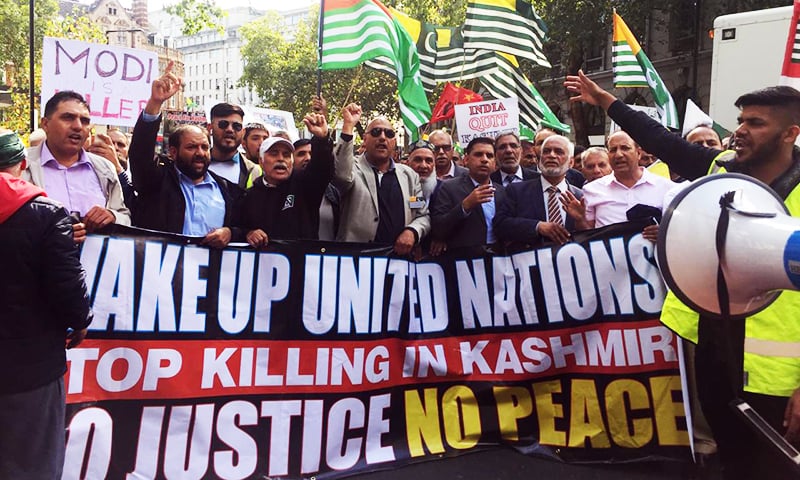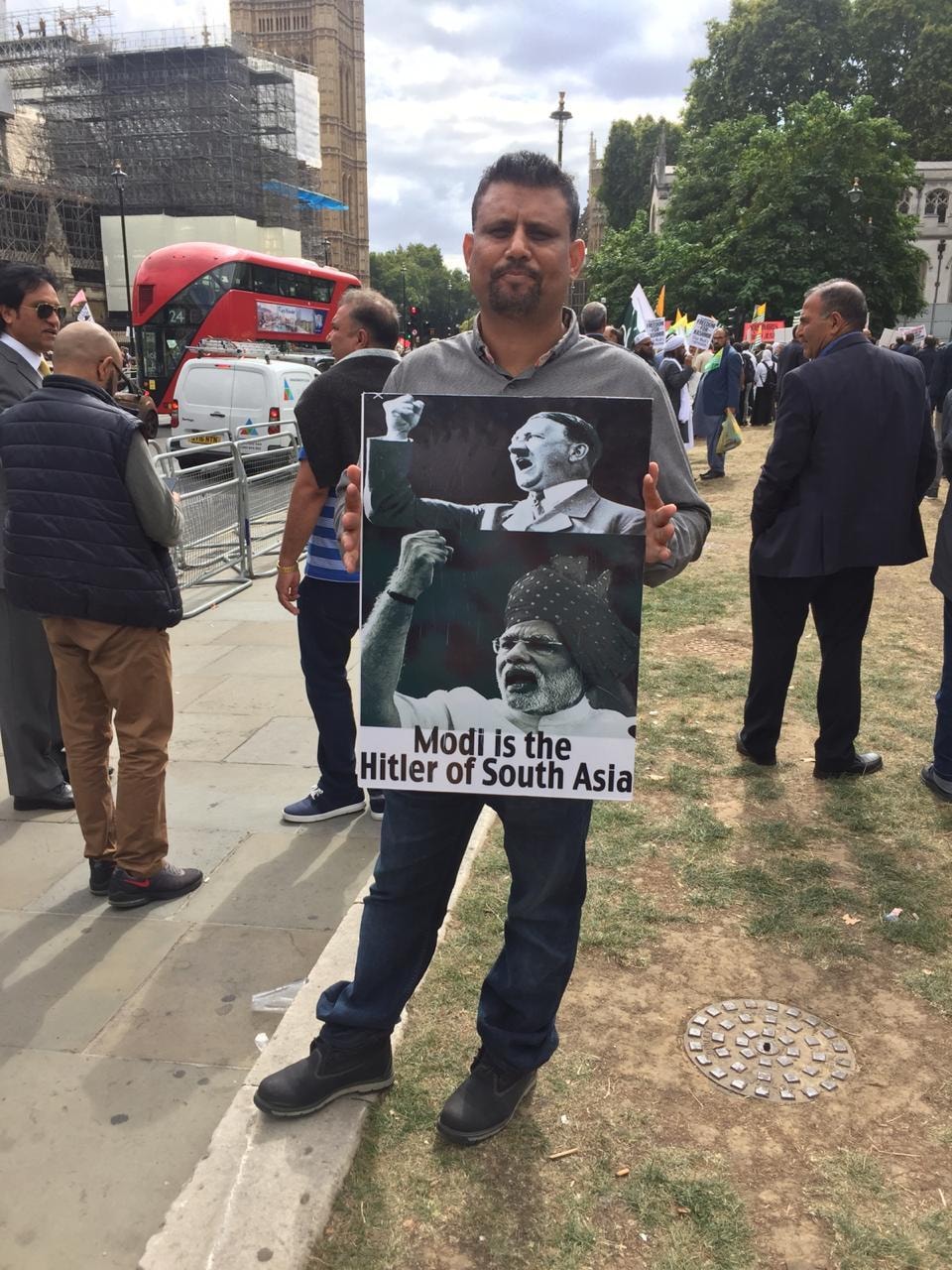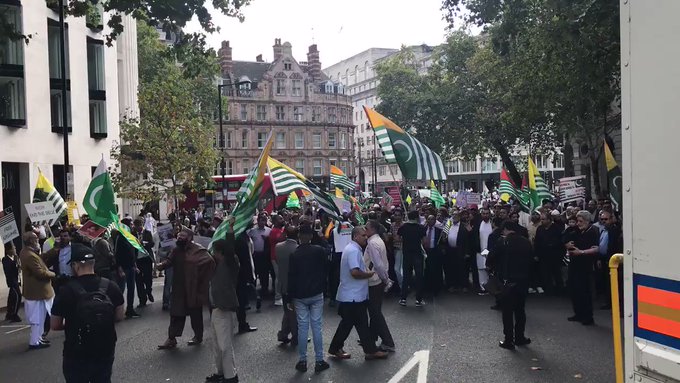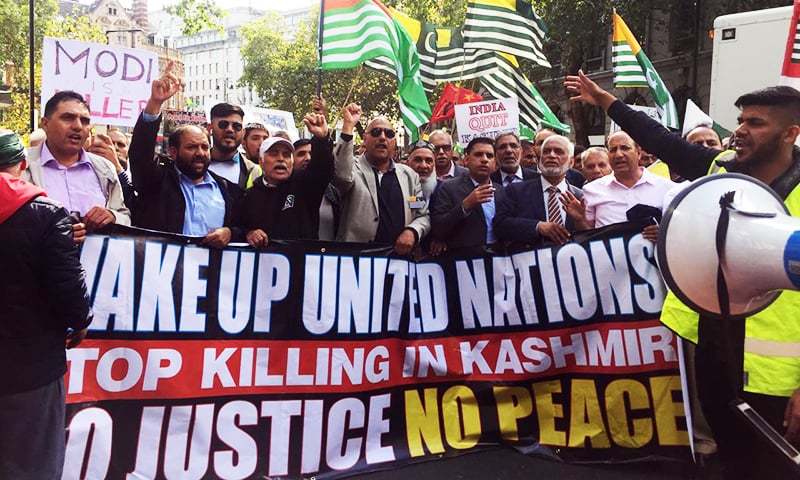With meticulous planning then mass arrests and ‘torture’, Kashmir’s autonomy was lost
When Jammu and
Kashmir’s governor addressed the world in a press conference on 4 August, people in the Muslim-majority valley were worried.
After decades of bubbling unrest in the most highly militarised region on the planet, they knew the signs were there that something big was happening. But when the governor was asked, he told the media that it was simply “unnecessary panic” created by “rumour mongering”.
He had lied. The next day, the Modi administration announced that Kashmir’s constitutionally enshrined autonomy was being unilaterally withdrawn, and the state was being downgraded and split into two “union territories”.
The news sent shockwaves across
India and the region – but in Kashmir itself, a carefully orchestrated communications and travel lockdown allowed the government to claim that the situation remained “normal”.
Now, as the first detailed allegations emerge of torture and abuse by the security forces maintaining the lockdown in the region,
The Independent can trace the events that led to the end of Kashmir’s special status.
Rewind to 26 July, and the first sign of the groundwork being laid by the Indian government was a redeployment of an additional 100 companies – around 10,000 soldiers – to a region already saturated with security forces.
The move was issued under the pretence of countering the militancy in the region, even though the number of militant attacks had come down in recent months.
After a few days, another 180 companies were sent to the valley, but this time home secretary Shaleen Kabra gave the excuse that there was specific intelligence of an imminent terror attack around the annual Hindu pilgrimage to Amarnath Temple in the Himalayas.
The order was followed by another advisory notice, issued by the Modi government and again citing the terror threat, asking tourists and pilgrims to leave the valley immediately for their own safety.
Meanwhile, the influx of troops was creating panic and confusion on the streets of
Srinagar, Jammu and Kashmir’s summer capital.
Footage obtained by
The Independent shows worried students turning up at their college buildings and accommodation only to discover that they had been commandeered by the army to house the security forces.
Part-time students who attend the Indira Gandhi National Open University on Sundays travelled for hours to reach college on 4 August only to find the gates shut.
Shabana Wani, a 28-year-old woman who travelled almost 70km to attend college that day, said she called her professor. “I asked him about shutting the college, he said they didn’t have any proper orders, they just received the call to close immediately as forces we supposed to take the college.”
At the same time, doctors say, the authorities ordered all major hospitals to conduct an immediate stock-taking exercise. Hospital employees told
The Independent they were largely unable to give an accurate count of their supplies in the short span of time provided.
The preparations led to a climate of hostility towards non-locals. Videos show migrant workers from the rest of India flocking to taxi ranks leaving Srinagar with only the luggage they can carry, while non-local students at the National Institute of Electronics and Information and Technology were picked out and taken away from a hostel by forces – possibly for their own safety.
The communications lockdown, in force since 4 August, meant that the scale of the preparations was not appreciated at the time, and only official statements such as those from the governor, insisting everything was OK, were widely circulated.
The announcement on 5 August, that the government was reading down
Article 370 of India’s constitution, meant the worst nightmare of many Kashmiris had come true.
An angry backlash was expected. But visiting the most restive districts of southern Kashmir,
The Independent heard allegations from residents that security forces resorted to extreme brutality and public humiliation in order to snuff out any unrest at source.
People in Nadapora Parigam, an area of the Pulwama district where a deadly suicide bombing killed 40 paramilitary officers in February, said that local boys were tortured by the security forces on the night of 5 August, hours after the Article 370 announcement was made.
Mohammad Yasin Bhat, 22, said he was dragged out of his bed at midnight by soldiers and brought out of his home to the main road, where he was made to stand naked in line with 11 other civilians.
It became apparent that security forces passing through the neighbourhood had been pelted with stones earlier in the day, and the troops were rounding up youths – seemingly at random – to find the culprits.
The officer in charge began by asking Yasin about his views of the Article 370 decision, he said. “I could sense the tension around, so, for my own safety, I said ‘we are happy – it is a good decision’. But I knew he didn’t trust my words,” said Yasin.
Yasin said he and the others were asked to remove their clothes, and then beaten with canes, gun butts and kicks. He says there was no one to help them – the whole village was cordoned off, and troops were at every corner.
During the beating, “many of us fainted”, Yasin said. “They would give electric shocks in our private parts, and start the torture again.”
The family showed pictures of severe bruising on Yasin’s backside and thighs, while other families provided images of other youths who had suffered injuries.
During the beating, one man who asked for water was made to drink muddy drain water from the side of the road, Yasin said. And the final indignity came when, at the end of the beating, the naked men were made to “lie face-down on top of each other in a pile”. “It was harassment, making us feel violated,” he said.
Neighbours gave similar accounts of the incident. One man in his eighties, who asked not to be named, said he watched the beatings from beginning to end and, when the security forces left, came out onto the street to help “rescue all of the victims”.
Yasin’s is not the only allegation of torture by the security forces to have emerged since the current crisis in Kashmir began, and representatives for the Indian army have strongly denied the claims.
In a statement to the BBC, which reported on alleged beatings in Pulwama on Friday, a spokesperson said the Indian army was “a professional organisation that understands and respects human rights” and that all allegations “are investigated expeditiously”.
On the same night of 5 August, at around 2am, armed forces arrived at the residence of Mohammad Maqbool Khan in the New Colony area of south Kashmir’s Shopian district.
Soldiers started banging on the door. Maqbool’s daughter in-law, Shazada Bano, said she rushed to open it in a panic.
“They ordered all of us to come in the courtyard. All of us gathered and they started asking our names,” she said. As soon as they heard the name of Amir Khan, a 27-year-old man who runs an electronics shop, they dragged him outside.
“We tried to stop them, but they said they want him to guide them in locating a few houses for searches, and we believed them. But that wasn’t true at all,” said Shazada.
The next morning when they reached the nearest police station, they found Amir in lockup. Maqbool asked officials the reason for his detention and they replied simply that he “will be released after 15 August” (India’s Independence Day, when a spike in unrest was expected).
That never happened, and on 18 August when Maqbool went to see Amir, the commanding officer told him he had been moved to the central jail in Srinagar.
The family travelled to the city and asked after Amir. They were told he and three other men from their village had been booked under the Public Safety Act – an emergency law that allows the authorities to imprison a person for up to two years without charge or trial.
One of the other youths detained was Shahid Ahmad Bhat, a 25-year-old boy whose father Mushtaq Ahmad Bhat is a pharmacist who lives a few metres away from Maqbool.
But unlike Maqbool, Mushtaq doesn’t even know where his son is being held. “For some time he was in the police station, later they said he has been shifted to Srinagar. At central jail, officials said he is not there. I have no idea where my son is, or if he is dead or alive,” Mushtaq said.
Government officials would not comment on specific cases, but they were not shy about the scale of the arrests carried out since 5 August decision. An official told
The Independent that more than 4,000 people have been detained since the announcement, though they could not give an exact number. Many, like Shahid and Amir, face the prospect of potentially years in jail without any recourse to justice.

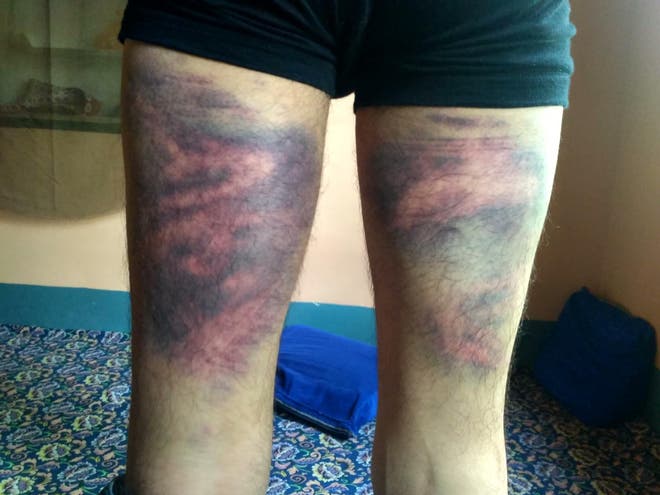
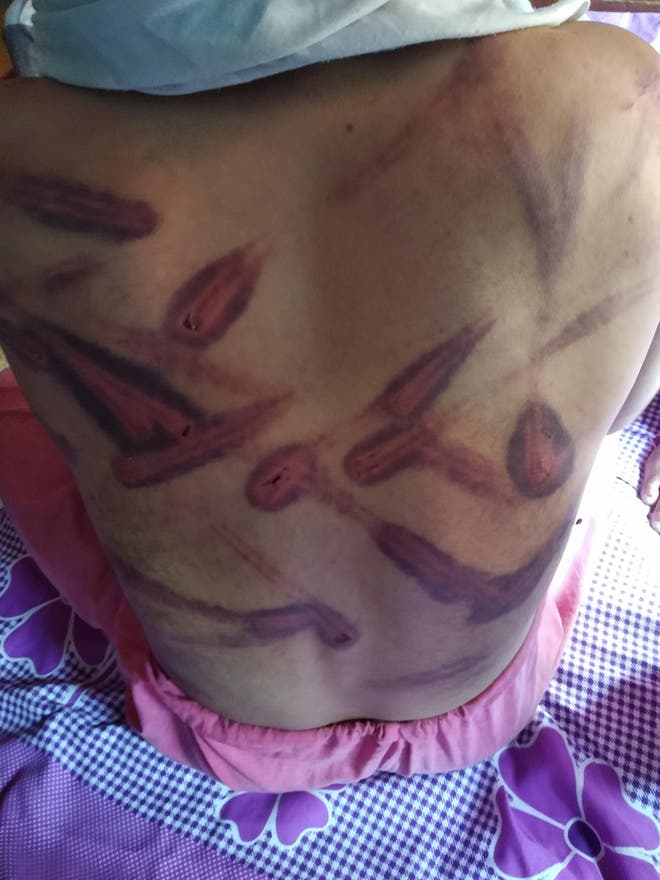
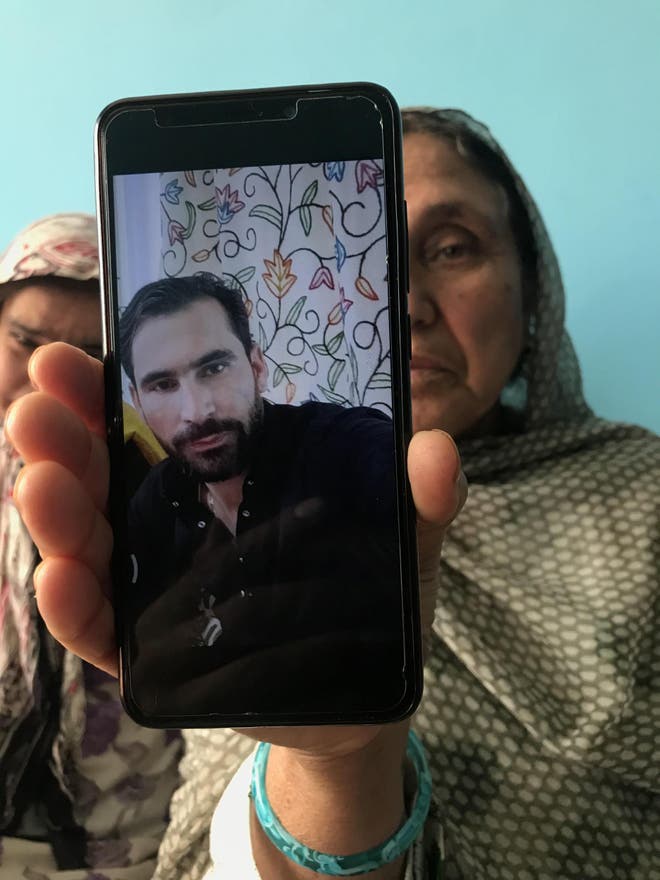
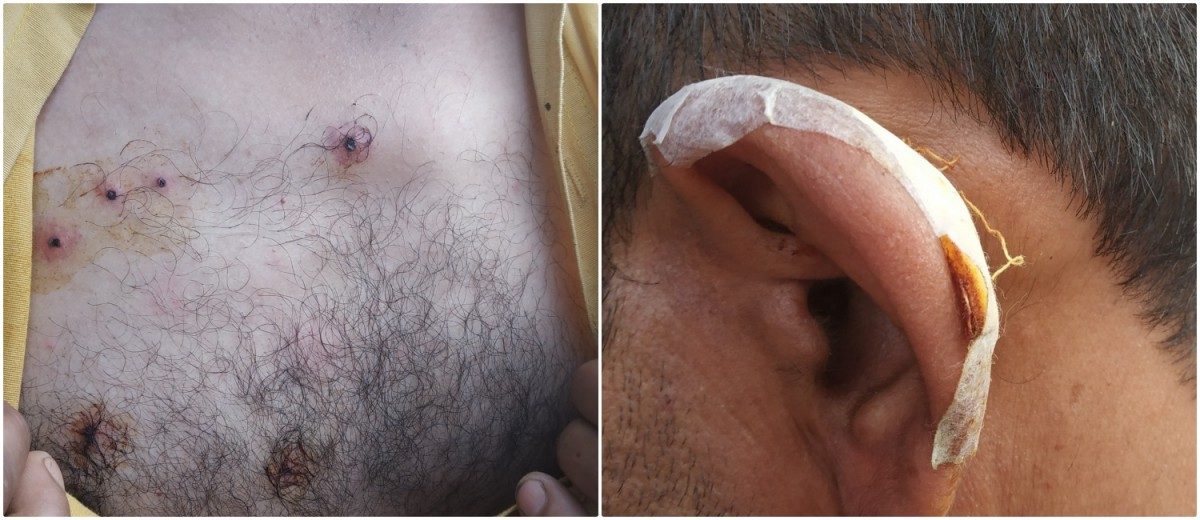
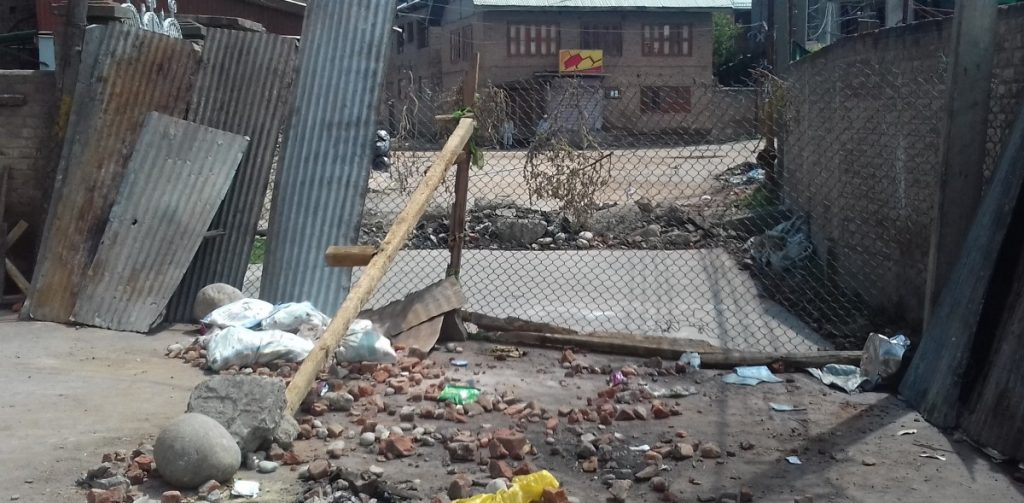
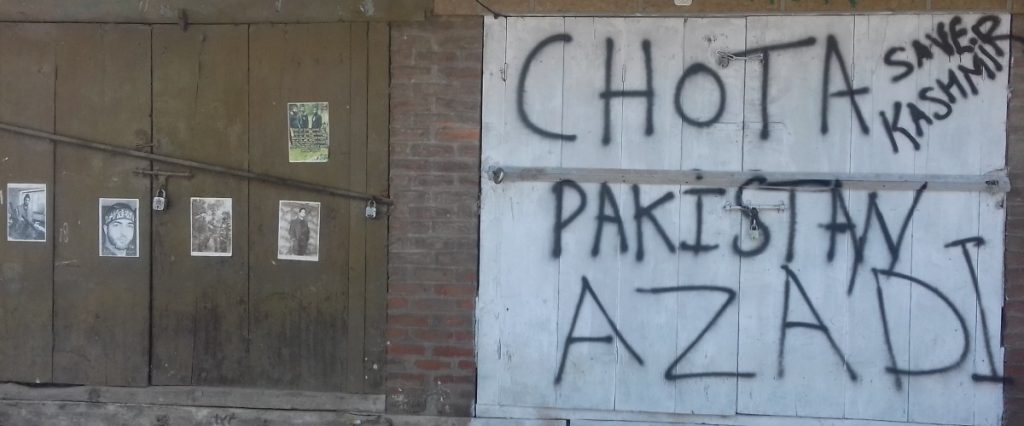
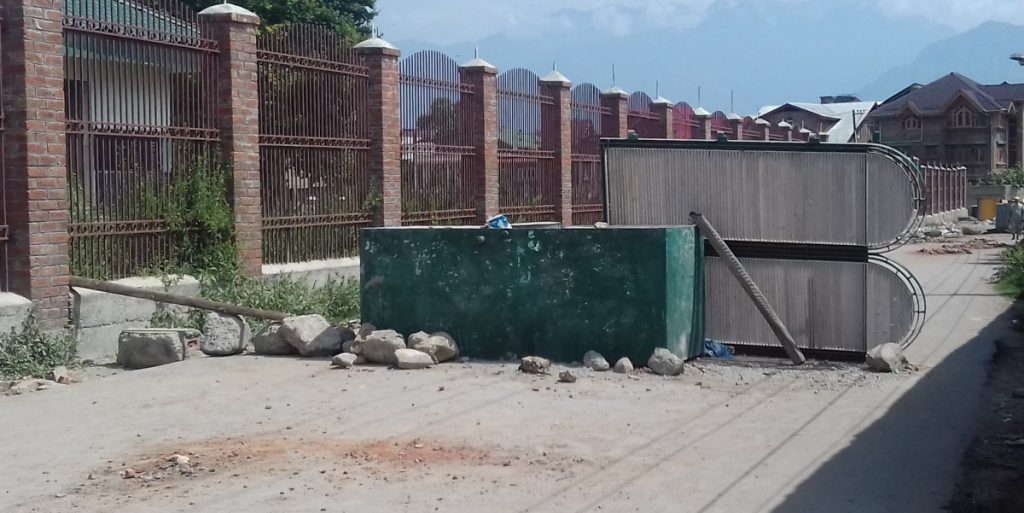
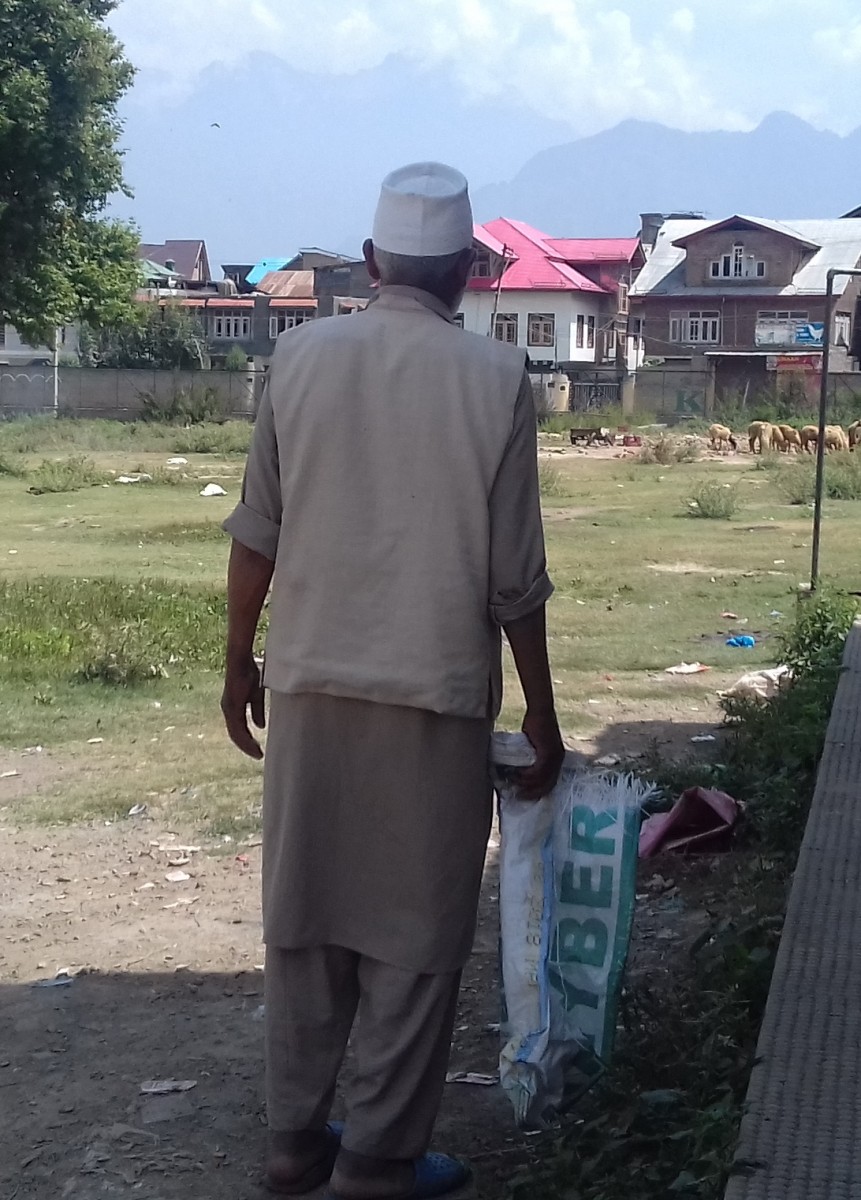
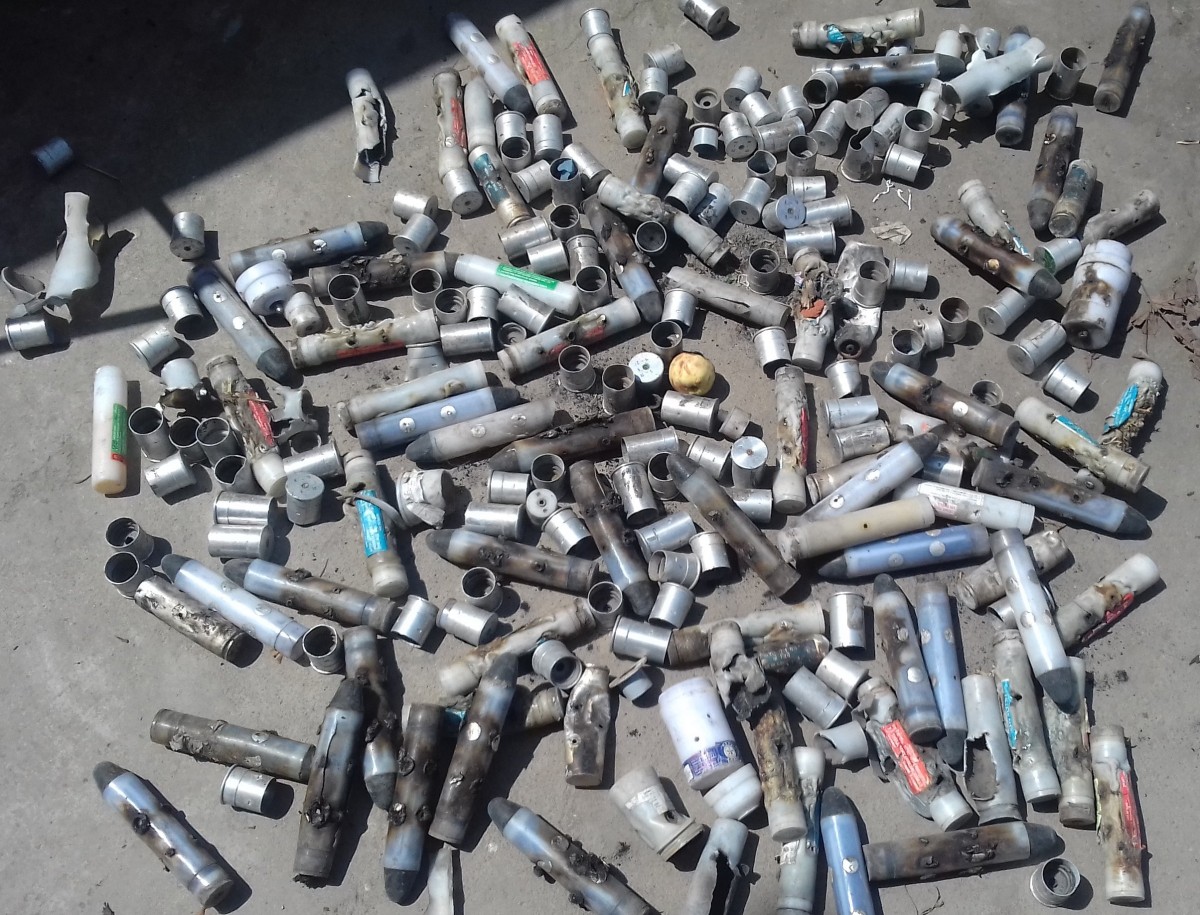
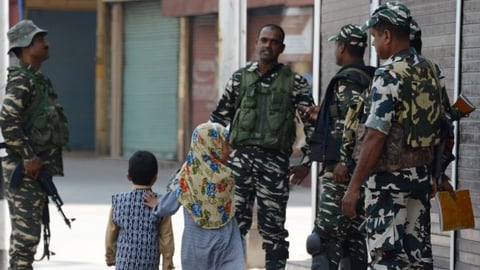


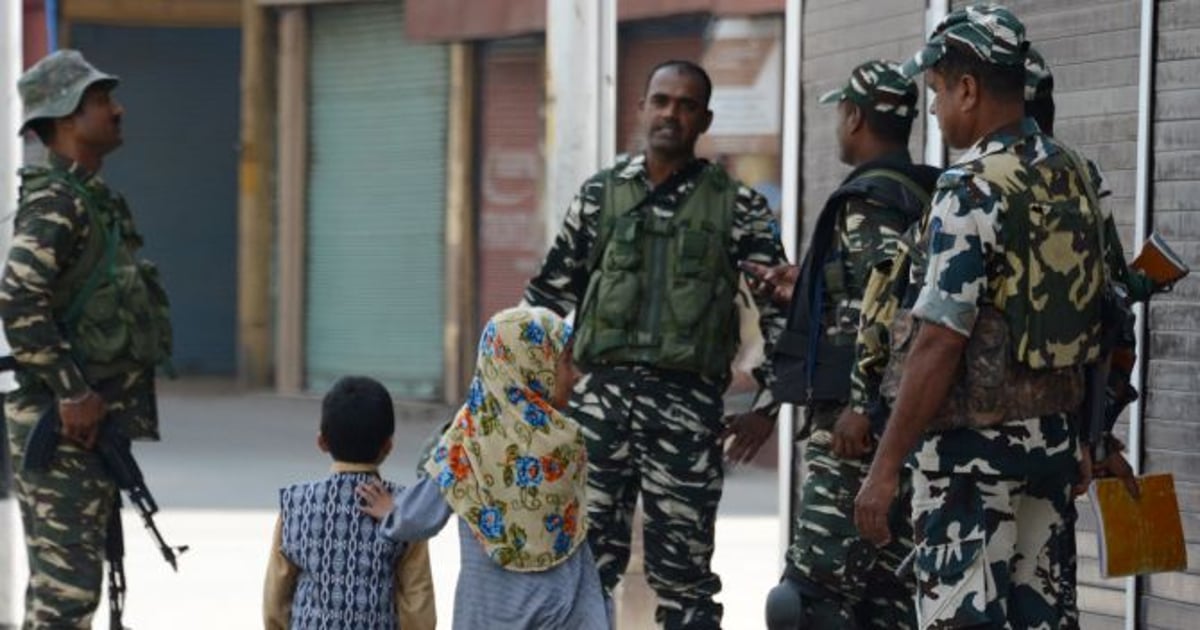
![[IMG] [IMG]](/proxy.php?image=https%3A%2F%2Fi.dawn.com%2Fprimary%2F2019%2F09%2F5d6f626e09391.jpg&hash=82cdca6a9ab98fa7e1401b4f7c5c8ecd)
